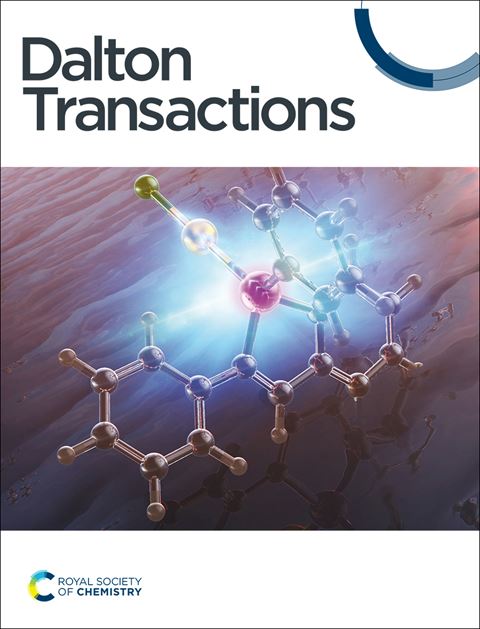Proton-conducting lanthanide metal-organic frameworks: A platform for multifunctionality
IF 3.5
3区 化学
Q2 CHEMISTRY, INORGANIC & NUCLEAR
引用次数: 0
Abstract
Lanthanide metal-organic frameworks (LMOFs) have established themselves as a promising proton-conducting material among all types of porous coordination polymers and covalent organic frameworks. The structural diversity of LMOFs and high oxophilicity with a high coordination number of lanthanide ions make the LMOFs a standout material for proton conductivity. Ample research effort has been devoted for the last few years to designing and developing proton-conducting lanthanide metal-organic frameworks (PCLMOFs). Some of the PCLMOFs have shown great potential with proton conductivity comparable to commercially used perfluorosulfonic acids (PFSAs) polymers for proton-exchange membrane (PEM) in fuel cells. Now it is also apparent that PCLMOFs are becoming a potential platform to explore other functional properties (e.g. fluorescence sensing, gas adsorption, molecular magnetism, impedance sensing, ferroelectricity, and nonlinear optics). The intrinsic structural features of PCLMOFs inevitably bring the opportunity to introduce the multifunctional character of such materials. So, any scope for additional functional property must be investigated for this class of material. In this article, we have concisely discussed the design strategy and structural features of some multifunctional PCLMOFs. The multifunctional properties of some excellent PCLMOFs are reviewed. In addition, the prospect of PCLMOFs is briefly discussed in the context of real-world material applications.求助全文
约1分钟内获得全文
求助全文
来源期刊

Dalton Transactions
化学-无机化学与核化学
CiteScore
6.60
自引率
7.50%
发文量
1832
审稿时长
1.5 months
期刊介绍:
Dalton Transactions is a journal for all areas of inorganic chemistry, which encompasses the organometallic, bioinorganic and materials chemistry of the elements, with applications including synthesis, catalysis, energy conversion/storage, electrical devices and medicine. Dalton Transactions welcomes high-quality, original submissions in all of these areas and more, where the advancement of knowledge in inorganic chemistry is significant.
 求助内容:
求助内容: 应助结果提醒方式:
应助结果提醒方式:


